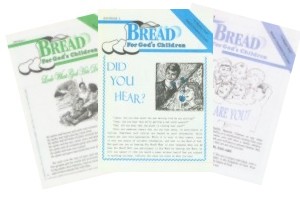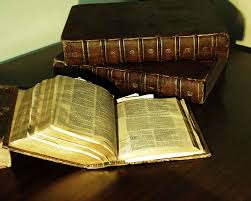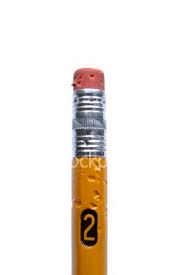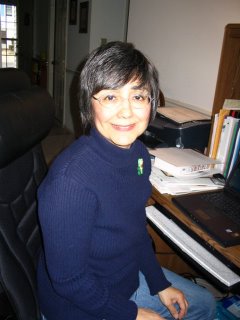
From the Editors of Childrens Writers Newsletter
~~~~~~~~~~~~
Dear Writer,
We constantly hear from editors that the vast majority of the manuscripts they receive are rejected because they were not written to the editor's specifications. Few editors will consider a story or article that does not meet their specs - precisely.
Writing contests also have exact specifications. That's why we encourage writers - all writers, new ones and old pros too - to enter contests. They're excellent, professional training experiences and, if you win, they can get you published and pay healthy prize money.
The winners in these contests will be published in Children's Writer, the monthly newsletter that goes to every children's book and magazine editor/publisher in North America. Along with the winning piece, we'll publish an article on it and the other top-ranked entries and their authors. There are also cash prizes. The cash prizes alone are a lot of good reasons to write a piece and enter.
Current subscribers to Children's Writer enter free. All others pay a $10 reading fee - standard for writing contests. But, if you are not a subscriber, your $10 fee will also bring you an eight-month trial subscription to Children's Writer. You can submit multiple entries, but please use the attached
entry form for each one.
The
contest rules are important. They follow this letter. Please read them very carefully.
Please note the opening and closing dates each contest. Be sure that your entry arrives in the correct time window, and note that the deadline is absolute!
Now, warm up your computer and write a prize-winning piece.
P.S. A majority of entries do not make it past the first reading because they are not targeted to the specified age range or because they exceed the word limit. Don't fall out of the running because of either of these two easy-to-meet specifications. Age-target your writing and count your words.
EARLY READER MYSTERYEntry period is August 1 to October 31, 2006. Winners are announced in the March, 2007 issue of Children’s Writer. Prize structure is $500 for first place plus publication in Children’s Writer, $250 for 2nd place, and $100 for 3rd, 4th, and 5th places.
The contest is for an original early reader mystery story, to 750 words. Early readers are defined here as ages 4 to 7, children beginning to read entire stories on their own, stretching their recognition of words and concepts, but likely to need some assistance from an adult. The entries should not be for reading by an adult to a child. Submissions will be judged on story line, characterization, and freshness, but also on structure, grammar, and ultimate publishability. Mysteries should be well-constructed, and have a strong point-of-view character. The mystery must be one an early reader can grasp and potentially solve: It must be age-appropriate.
YA PERSONAL EXPERIENCEEntry period is December 1, 2006 to February 28, 2007. Winners are announced in the July 2007 issue of Children’s Writer. Prize structure is $250 for first place plus publication in Children’s Writer, $100 for 2nd place, and $50 for 3rd and 4th places.
We are looking for nonfiction articles for teens, ages 13 to 17, based on a personal experience, to 1,200 words. The article may be told in the first or third person, or take the form of an interview, but should be the experience of a teen, for a teen. The subject may be a serious issue (family, school, or community issue) or it may be light (entertainment, fashion, friends, or fun). The subject and approach may be spiritual or inspirational, but may not be denominational or dogmatic. Publishability is the ultimate criterion.
MIDDLE-GRADE ADVENTUREEntry period is August 1 to October 31, 2007. Winners are announced in the March, 2008 issue of Children’s Writer. Prize structure is $500 for first place plus publication in Children’s Writer, $250 for 2nd place, and $100 for 3rd, 4th, and 5th places.
The contest is for a story about an adventure, small or large, to 1,200 words, for ages 8 to 12. The adventure may take place in another genre, such as historical fiction, or fantasy, or may be contemporary. The antagonist or conflict may stem from other characters, from internal goals, from nature, society, or technology, but the story should balance plot and characterization. Stories will also be judged on age-targeting, originality, style, and the overall quality of writing. Publishability is the ultimate criterion.













.jpg)



























 having a moment of fun.
having a moment of fun. Sandy Wood.
Sandy Wood. 